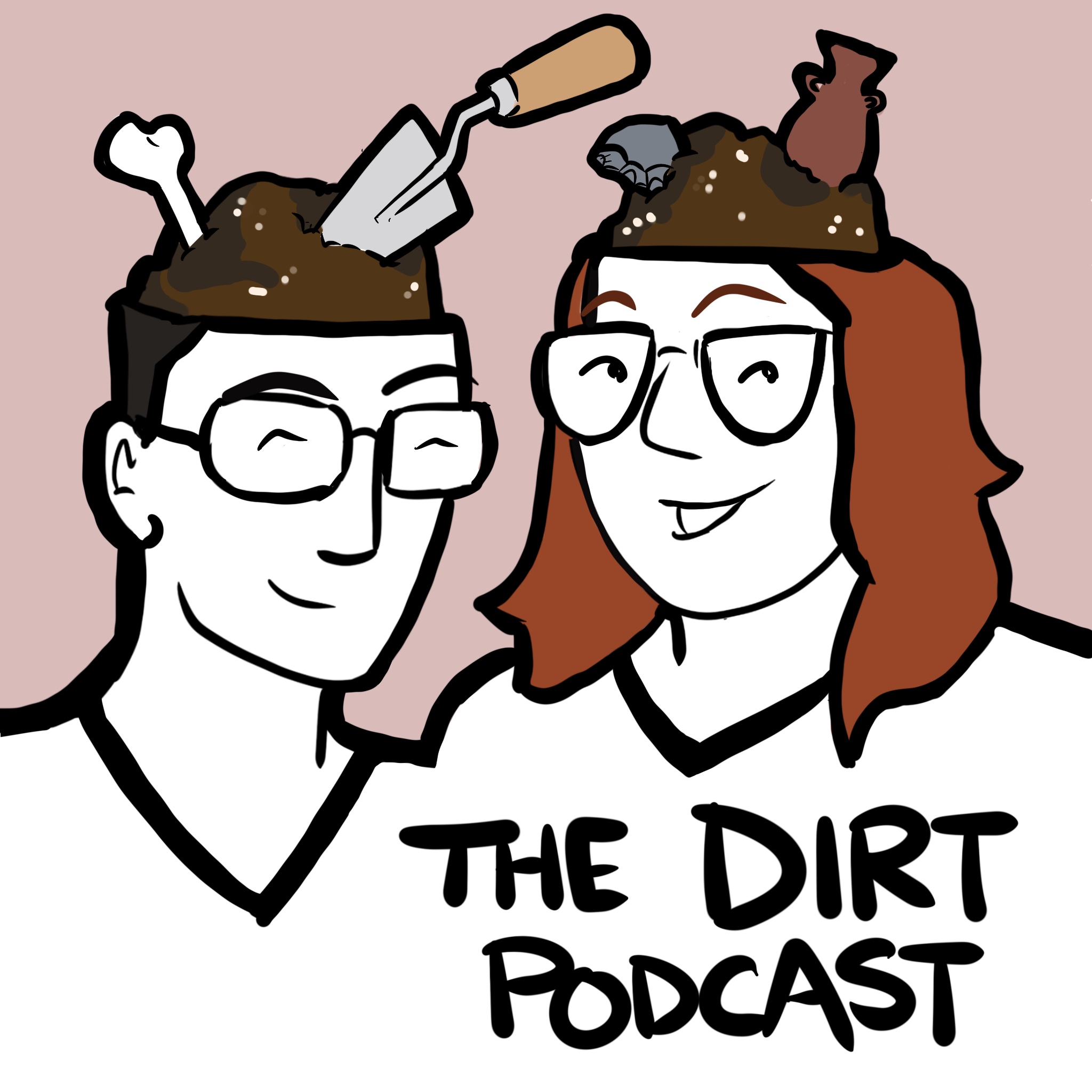bonus
Dirt After Dark: Sir Richard Francis Burton and the Sotadic Zone
In what may be our horniest episode to date, Amber brings Anna along for a journey through the Sotadic Zone, a deep cut of a theory pulled from the Terminal Essay of Burton's translation of The Thousand and One Nights. Come for the glimpses into early anthropological thinking, stay for the thousand and one euphemisms for anal sex!
Note that there will is brief reference to child sexual abuse, and very 19th century British homophobic and transphobic ideas throughout the passages from Burton, but mostly this is a fun one!
To learn more:
The Romance of Isabel, Lady Burton, The Story of Her Life (Internet Archive)
When classicists need to speak up: antiquity and present day pedophilia - pederasty (Aeternitas antiquitatis: proceedings of the symposium held in Skopje, August 28, as part of the 2009 Annual Conference of Euroclassica, via Academia.edu) - CN extensive discussion of child sexual abuse in this one
Twitter thread from user @jaymichelle87 that begins: "A number of publications by both anthropologists and psychologists have, in collaboration with explicit child sexual abuse apologists, co-assembled an apparatus of subjectification with the explicit purpose of lowering both individual and social resistance to CSA." - CN extensive discussion of child sexual abuse)
Sir Richard Burton's Pederasty Essay: An Introduction (John Lauritsen - Pagan Press)

